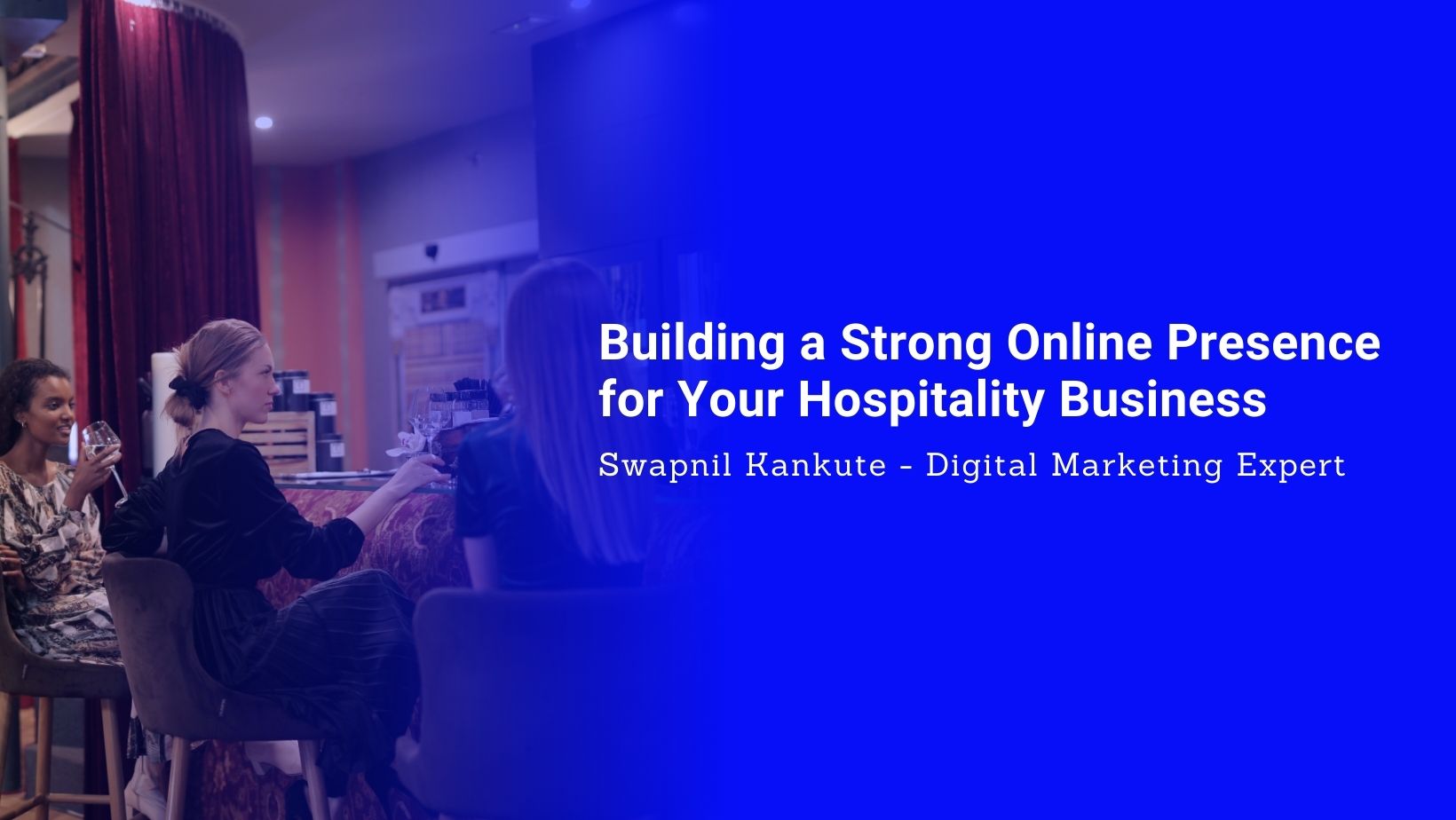In today’s digital age, establishing a strong online presence is essential for hospitality businesses to thrive. Whether you own a hotel, restaurant, or resort, an effective online strategy can help you attract guests, increase bookings, and enhance customer loyalty. This blog explores the key components of building a robust online presence for your hospitality business.
Table of Contents
ToggleWhy Online Presence Matters
- Visibility: A strong online presence ensures that your business is easily discoverable by potential guests searching for accommodations or dining options.
- Credibility: Consumers often research online before making decisions. A well-maintained online presence enhances credibility and instills confidence in your offerings.
- Engagement: An active online presence allows you to engage with guests, respond to inquiries, and create a community around your brand.
- Marketing Opportunities: A solid online foundation provides a platform for various marketing strategies, including social media marketing, email campaigns, and SEO.
Key Components of a Strong Online Presence
1. Professional Website
Your website is the cornerstone of your online presence. It should be visually appealing, user-friendly, and optimized for mobile devices. Key elements to include:
- Booking System: Integrate a straightforward booking system that allows guests to check availability and make reservations effortlessly.
- Engaging Content: Showcase high-quality images and compelling descriptions of your accommodations, amenities, and dining options.
- Contact Information: Ensure your contact details are easily accessible, including phone numbers, email addresses, and physical locations.
2. Search Engine Optimization (SEO)
Optimizing your website for search engines is crucial for driving organic traffic. Focus on:
- Keyword Research: Identify relevant keywords related to your hospitality business and incorporate them into your website content.
- On-Page SEO: Optimize meta titles, descriptions, headings, and images to improve search engine rankings.
- Local SEO: Ensure your business appears in local search results by optimizing your Google My Business profile and encouraging customer reviews.
3. Social Media Engagement
Social media platforms provide a powerful way to connect with potential guests. Consider the following strategies:
- Platform Selection: Choose platforms that align with your target audience, such as Instagram for visual content or Facebook for community engagement.
- Content Strategy: Share a mix of promotional content, user-generated content, behind-the-scenes glimpses, and engaging stories to foster a connection with your audience.
- Engagement: Respond to comments, messages, and reviews promptly to build relationships and trust with your followers.
4. Online Reviews and Reputation Management
Managing your online reputation is vital in the hospitality industry. Key actions include:
- Encouraging Reviews: Prompt satisfied guests to leave positive reviews on platforms like Google, TripAdvisor, and Yelp.
- Monitoring Feedback: Regularly check online reviews and respond to both positive and negative feedback to show you value customer opinions.
- Leveraging Reviews: Highlight positive reviews on your website and social media to build trust with potential guests.
5. Content Marketing
Creating valuable content can position your hospitality business as an industry leader. Consider the following tactics:
- Blogging: Start a blog on your website sharing travel tips, local attractions, and dining experiences to attract and engage your audience.
- Video Content: Use video to showcase your property, share guest testimonials, or highlight events to create a more dynamic online presence.
- Email Marketing: Build an email list to send newsletters, promotions, and personalized offers to keep guests informed and engaged.
Case Studies: Successful Online Presence in Hospitality
1. Boutique Hotel Strategy
A boutique hotel focused on creating a visually stunning website and engaging social media presence. By regularly sharing guest experiences and local events, they increased bookings by 40% within six months.
2. Restaurant Social Media Campaign
A local restaurant implemented a social media campaign highlighting their unique dishes and inviting customer participation. This approach led to a significant increase in reservations and positive online reviews.
Conclusion
Building a strong online presence is essential for hospitality businesses looking to thrive in a competitive market. By focusing on a professional website, SEO, social media engagement, reputation management, and content marketing, you can attract more guests and enhance their overall experience.
As a certified digital marketing expert, I encourage hospitality businesses to prioritize their online presence as a critical aspect of their overall strategy. By investing in these components, you can create lasting connections with your audience and drive business growth.



